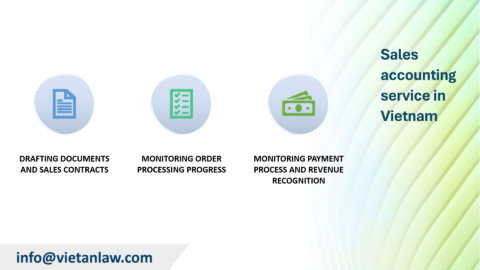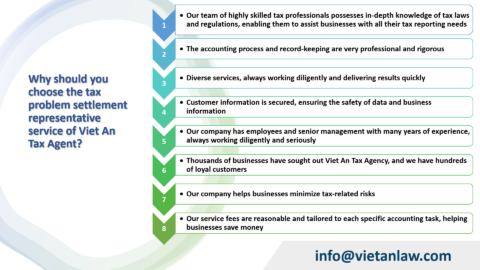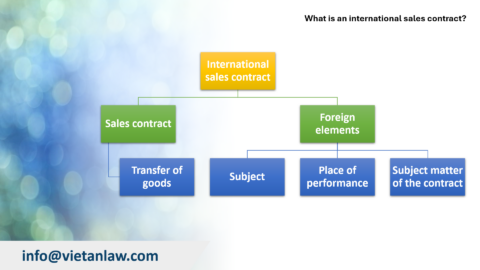In the current era, trade liberalization has become an inevitable trend and is creating a huge impact on Vietnamese businesses. However, the reality is that many Vietnamese businesses still face numerous challenges when it comes to drafting, signing, and executing international service supply contracts. These difficulties often stem from a lack of knowledge about international law as well as domestic legal regulations. To address this issue, Viet An Law has compiled some important advice related to drafting the international supply of service contract as follows.

International supply of service contracts shares common characteristics with regular service supply contracts. However, with the international element, this contract has the following distinctive features:
Based on the World Trade Organization’s (WTO) classification of service sectors, international supply of service contract can be categorized as follows:
Machinery and equipment rental business service
Postal and telecommunications service
Telecommunications and information technology service
Design and technical consulting service
Construction and installation service
Agency and brokerage services
Wholesale and retail trade services
Business licensing and franchising services
Elementary, secondary, and higher education services
Specialized education services
Wastewater treatment services
Waste collection and disposal services
Environmental sanitation services
Insurance and financial services
Banking and other financial services
Medical and healthcare services
Provision of healthcare infrastructure
Hotel, restaurant, and accommodation services
Travel agency and tour operation services
Tour guiding and tour organization services
Entertainment and cultural education services
Newsstand and library agency services
Sports and entertainment services
Maritime and railway transportation services
Inland water and air transportation services
Road and pipeline transportation services
Ancillary services for all modes of transportation
In the process of concluding an international service supply contract, this process follows similar conditions and procedures as when negotiating contracts for general business. The content of an international service supply contract, both in general and for specific contracts, depends on the specific type of service.
Terms that frequently appear in the international service supply contract include:
When drafting an international service supply contract, special attention should be paid to the following two terms, which are unique compared to the sale of goods contracts:
Since services are intangible and difficult to quantify, it becomes extremely important to express one of the essential terms of a service contract, which is to mention the scope of work and quality of service. These terms establish a vital legal framework for resolving any potential conflicts that may arise from the interactions between the contracting parties. This should be done to ensure a clear and mutual understanding and consensus between the parties regarding the specific service provided. Clarity in service descriptions can help avoid unnecessary disputes in the future.
Due to the immaterial feature of service, the determination of standards for service quality is an important part of the contract. In terms of service quality, in cases where the obligations of the supplier are defined based on work results, it is necessary to clearly define the specific results that the party wishes to achieve. For example, in a contract for the supply of freight services, some standards may include:
Depending on the type of service and specific requirements of the client and supplier, standards and indicators can be agreed upon based on the reality and importance of the service. Establishing clear quality standards helps create transparency, consensus, and a basis for evaluating the service provider’s performance during contract implementation.
Thus, drafting an international service supply contract requires careful consideration, especially in adjusting the terms to reflect the specific characteristics of the service compared to the goods purchase contract model.
When signing an international service supply contract, there are some important considerations that you should take into account to ensure that the contract is agreed upon reasonably and effectively. Below are some important notes:
In conclusion, signing an international service supply contract requires careful preparation and clear agreement among the parties involved. Taking note of the above points helps ensure that the contract is executed smoothly and meets all the requirements of all parties concerned.
The above is a detailed article on the issue of drafting the international supply of service contract. If you have any legal difficulties or concerns related to business law, please contact Viet An Law for the most specific and detailed advice!




